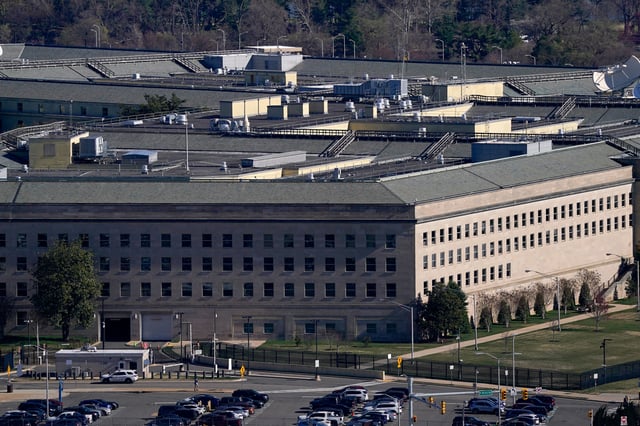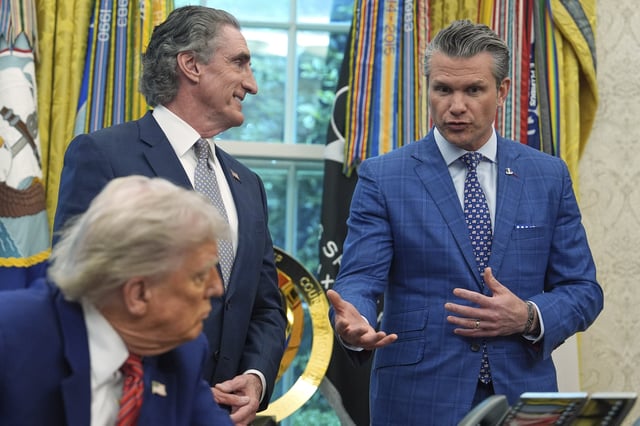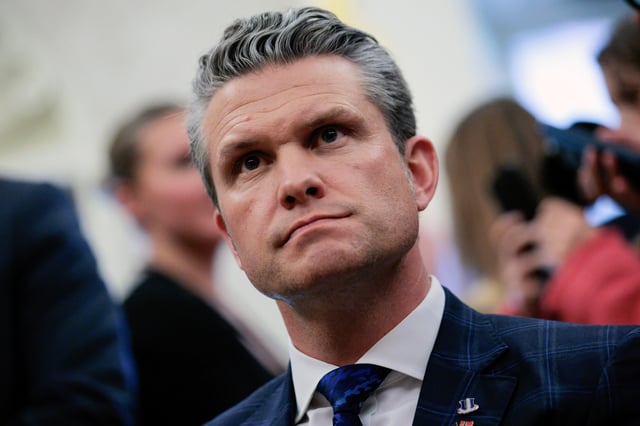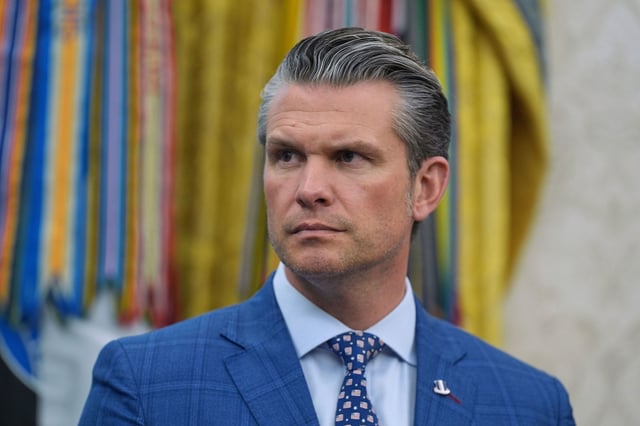Overview
- Journalists are now restricted from accessing most Pentagon areas without prior approval and an official escort under new rules issued by Defense Secretary Pete Hegseth.
- The Pentagon Press Association and other critics have condemned the restrictions as a 'direct attack' on press freedom and the public's right to information about military operations.
- The new policies require journalists to sign a form pledging to protect sensitive information and issue updated press badges with clearer identification.
- Hegseth justified the measures as necessary to protect classified and sensitive information following recent leaks, including one involving a Signal chat mistakenly shared with a journalist.
- The restrictions are part of broader Trump administration efforts to reshape media access, including reallocating Pentagon office spaces to outlets perceived as more favorable to the administration.



